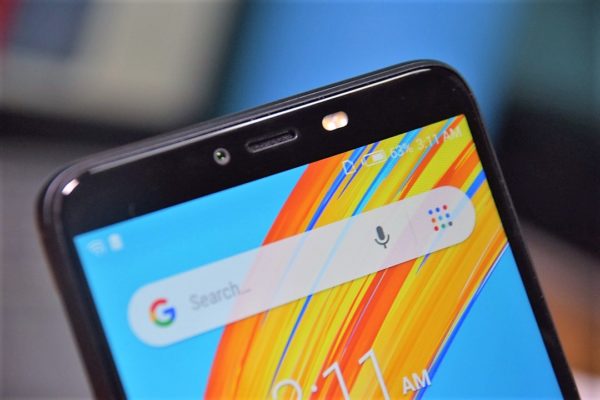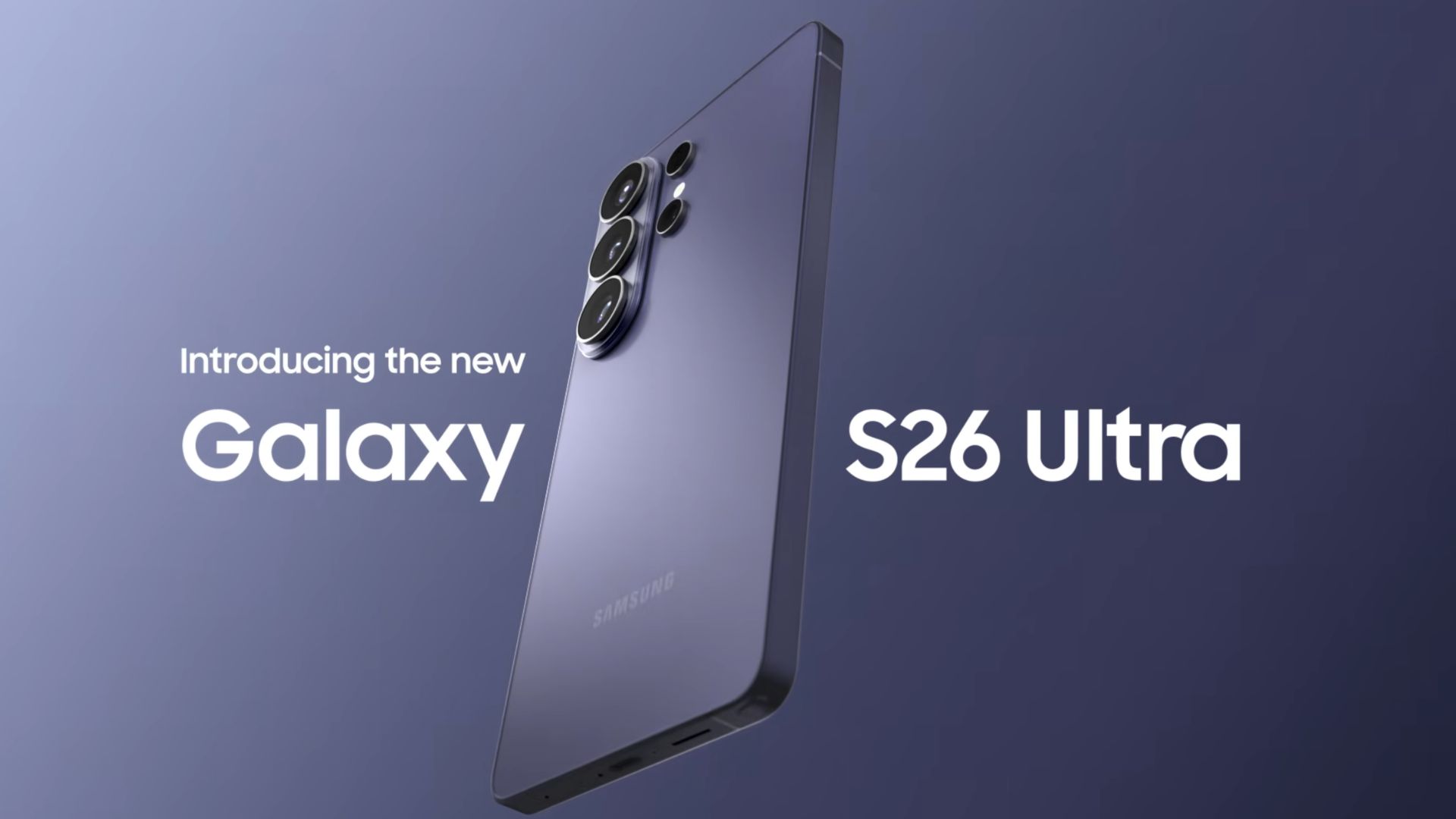While smartphone purchases have dropped, Transsion Holding, which owns TECNO, Infinix and itel, continues to record notable growth in Africa and other emerging markets. However, how does the competition fare?
People are not buying phones as much as they used to, primarily because the devices have become expensive lately. This development is due to several reasons, such as strained supply chains, harsh dollar exchange rates, and overall inflation. It can also be argued that modern smartphones have become so much better that users do not see the need to replace them after a year or two, meaning they hold onto them for much longer. Where, in the past, users would purchase a new device due to their current phone developing an issue like faulty software, poor battery life, or failing hardware, modern phones are more durable, eliminating the need for frequent replacement.
Research firm Canalysis has released some data showing the worldwide market share of different phone brands. The numbers paint an interesting picture of the African market, where it remains obvious that people love purchasing affordable phones. Not many brands are known to have nailed the budget segment other than Chinese manufacturers, particularly Transsion Holdings. Transsion is known for its affordable devices manufactured by offshoots such as TECNO, Infinix, itel, Oraimo (accessories), and Syinix (TVs).
Specifically, Transsion topped Africa’s smartphone market share for Q1 at 48%. While its annual growth rate dipped by 13%, it still maintains a strong presence in the continent. Following Transsion was Samsung, controlling 30% of the market share. Three Chinese brands held the third, fourth and fifth positions: Xiaomi at 6%, OPPO at 4%, and realme at 3%. Like Transsion, all the brands recorded a drop in annual growth, save for realme, whose growth rate jumped by 11 points.
In Morocco and Algeria, Samsung led the market in Q1 at 51% and 34%, respectively. Transsion held the second position in Morocco at 19%, followed by Xiaomi, OPPO and realme. Only Xiaomi showed a positive annual jump at 16%. In Algeria, realme came second with 31%, followed by Xiaomi at 18%. The first and second runners-up recorded positive annual growth at a massive +412% for realme, and +40% for Xiaomi. Transsion and Apple closed the top five chart at 13% and 1%, respectively. It should also be noted that this is the first time Apple has featured in these rankings, considering it hardly sells its devices in Africa. Apple devices are well known for their high prices, which few people can afford.
Speaking on the brand performance, realme Kenya’s PR & marketing manager, Mildred Agoya said, “We continue to record increased popularity of smartphones under these different segments with the entry-level segment, especially from a youthful customer base, in these three countries. We are very proud of such a performance that reflects on our resolve to meet dynamic needs of our customers even in difficult times, with innovative solutions and budget-friendly devices.”
Transsion, the star of these statistics, has since launched the TECNO Camon 20 series of devices, which according to some arguments, could push TECNO out of the affordable bracket. The TECNO Camon 20 Premium, for instance, costs $400 or more, depending on specifications. TECNO has long since been considered the ‘cheap’ brand. However, recent releases from the brand point to a desire to dissociate from such assumptions. The recently released TECNO Phantom V Fold, which costs $1000 seems to be a step in that direction. The brand also has plans to launch a flipping device, which will be named the Phantom V Flip.
Will the market accommodate its ambitions as TECNO transitions to a premium brand? That remains to be seen.




















